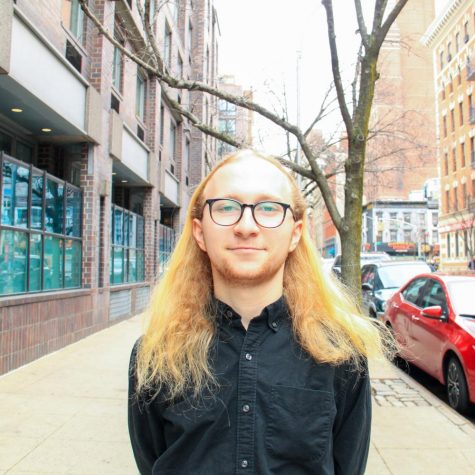Sixteen-year-old climate activist Greta Thunberg’s impassioned speech at the United Nations Climate Summit caught the world’s attention. Despite this, it seems the full implications of her words have not been fully understood by those in power. Her speech comes after the success of the international climate strike, the largest of its kind in history. It is important to acknowledge that Thunberg’s position is one of privilege; she’s the face of the climate movement yet is someone who doesn’t face daily struggles caused by climate change. More so, her privilege is what grants her the audience of powerful people, regardless of whether they truly consider what she says. Though Thunberg isn’t the only climate activist angered at the current response, her speech highlights an important, yet often-undiscussed problem: who will be held accountable for the climate crisis?
Ultimately, Thunberg correctly believes those in power are most responsible, and world leaders’ current lack of effort to resolve the situation is a “betrayal.” Her speech was often interrupted with applause, which is representative of her reception by those who’ve contributed to the crisis. Despite this, most of the response to her speech has far have been important in shifting the direction of the conversation around climate change — turning anger and anxiety into action and accountability.
The primary concern of Thunberg’s speech is the political leaders’ abandonment of their responsibility to fix climate change, despite their overwhelming contribution to the problem. It seems as though her pleas for those in positions of power to realize their complicity fell on deaf ears. Chelsea Clinton thanked Thunberg over Twitter and Hillary Clinton called her “a gutsy woman” — despite the fact that Clinton campaigned on clean coal during the 2016 election. Former President Barack Obama met Thunberg the week before her speech and told her “we’re a team,” ignoring the fact that his legacy on climate change fails to be impactful. Compared to Thunberg’s relatively liberal proponents, most of her critics have been ideologically on the right; she has received attacks from conservative commentators and President Trump.
While her reception by those who have trouble acknowledging their contribution to the climate crisis is troubling, there’s no doubt that her work has contributed to the development of a movement. More tangibly, Thunberg was a part of lawsuit to sue the five largest polluting nations, showing the struggle against climate change and the anger felt by many at the inaction in response is not restricted to her alone. Vic Barrett, New York native and environmental activist, is one of 21 plaintiffs suing the United States government “for causing the climate crisis.” More importantly, those most affected by climate change are finally being heard; indigenous activist Artemisa Xakriabá spoke on the same day as Thunberg, talking about the destruction of her home in the Brazilian rainforest. More concretely, climate groups are forming to make ecocide — the crime of environmental destruction — a more serious offense.
The most crucial part of the speech was her insistence that the current global warming limit of 1.5 degrees Celsius — a threshold we’re likely to pass — may not be enough to stop irreversible damage. These concerns are very real for the millions who would be affected by the damage that will happen if the limit is passed; the impact of climate change will be felt hardest in developing nations. Those who will face climate change first don’t come from where Thunberg does nor will they be granted same audience she has. Those most vulnerable share in Greta’s anger; it’s time we listened.
Opinions expressed on the editorial pages are not necessarily those of WSN, and our publication of opinions is not an endorsement of them.
A version of this article appeared in the Monday, Sept. 30, 2019 print edition. Email Cole Stallone at [email protected].
























































































































































